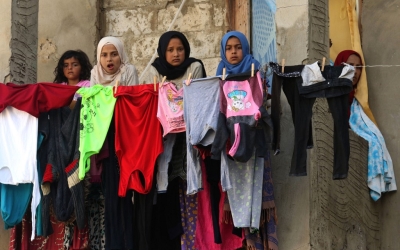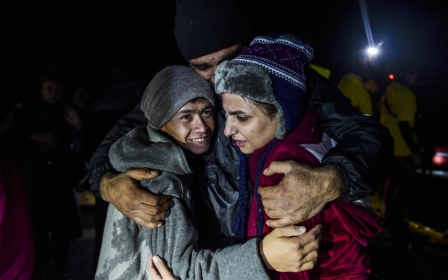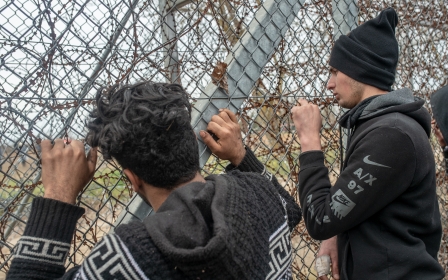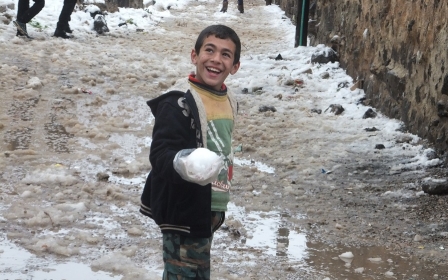We cannot ignore the global refugee crisis any longer
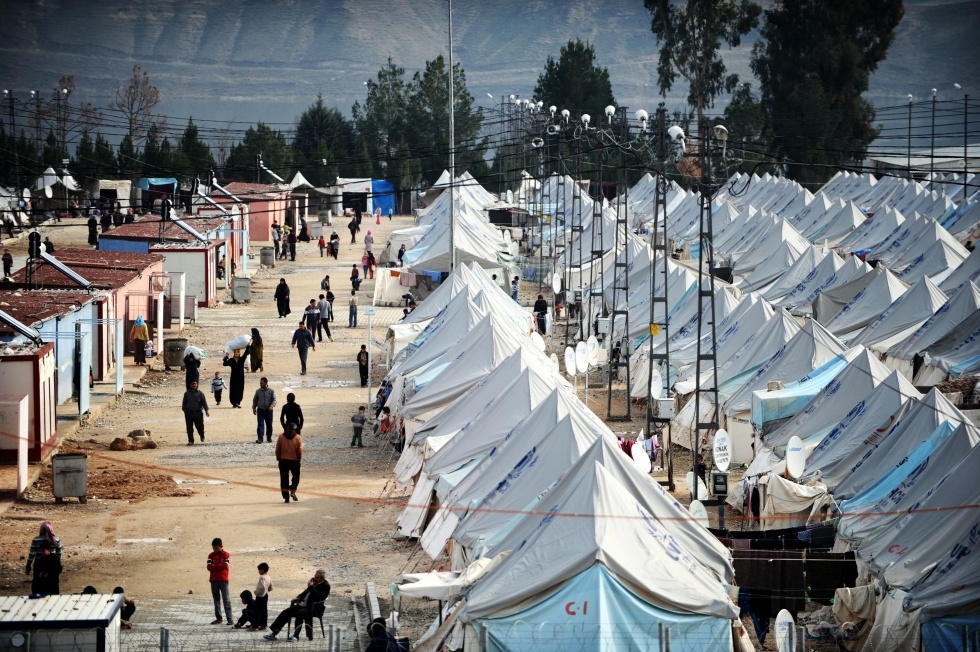
The European Union recently announced that it was willing to financially support refugees who agree to leave the EU for their country of origin.This policy, however, only “saves the day” in a non-sustainable manner.
We are living in a world where the number of refugees is rising constantly. According to the United Nations, by mid-2020, 80 million people had been displaced worldwide due to conflict, persecution, human rights violations and violence. And yet, the international community is not giving the necessary attention to this global challenge.
The priority must be to address the root causes of the problem. Ignoring the refugee issue will not make it disappear
Alongside the plight of millions of refugees, countries such as Germany and Turkey are facing challenges from the influx of Syrian refugees. The financial toll and the uncertainty over whether, or when, peace will be restored have poisoned the atmosphere, particularly among far-right circles.
For Syrian refugees, this dilemma has persisted for more than a decade. Turkey is home to the largest number of registered Syrian refugees, with more than 3.6 million. In March 2016, the EU and Turkey put out a statement to address the ongoing crisis, which addressed a number of issues, including visa liberalisation - but the focus was mostly on measures to stem the flow of refugees.
The statement dictated that all refugees crossing from Turkey to the Greek islands would be returned to Turkey, and for every Syrian returned to Turkey from the islands, another Syrian would be resettled in the EU. The EU also pledged further financial support for refugees in Turkey. But rather than being delivered to Ankara, the funds were transferred to NGOs working on the ground, and the system faced criticism for taking an overly bureaucratic approach.
Building bridges
Five years later, the EU and Turkey have apparently seen the necessity to strengthen their relationship, announcing in March plans to “build bridges” and increase their “cooperation on migration management”. What this will mean in practice remains unclear.
Seven decades since the ratification of the Geneva Conventions, we must ask ourselves: Are these conventions meeting the demands of 2021? Millions of refugees are suffering, forced to flee their homes to find safety. And yet, there appears to be no sincere public awareness of the massive global knock-on effects this crisis will have if not tackled properly.
The international community must reconsider the whole concept of migration. While immigrants are readily accepted for professional or educational reasons, countries are far more hesitant to take in refugees from war-torn countries, who are viewed as a burden.
Without a plan to address this, refugee flows will continue, and countries receiving them will continue to face social and economic struggles. The global migration crisis can only be tackled if developed countries work together on a consistent and sustainable approach towards irregular migration.
More importantly, we need a solution for war-torn regions such as Syria, where the international community has failed utterly. The priority must be to address the root causes of the problem. Ignoring the refugee issue will not make it disappear; instead, it will spiral out of control, and the entire world will feel the effects.
The views expressed in this article belong to the author and do not necessarily reflect the editorial policy of Middle East Eye.
Middle East Eye propose une couverture et une analyse indépendantes et incomparables du Moyen-Orient, de l’Afrique du Nord et d’autres régions du monde. Pour en savoir plus sur la reprise de ce contenu et les frais qui s’appliquent, veuillez remplir ce formulaire [en anglais]. Pour en savoir plus sur MEE, cliquez ici [en anglais].



